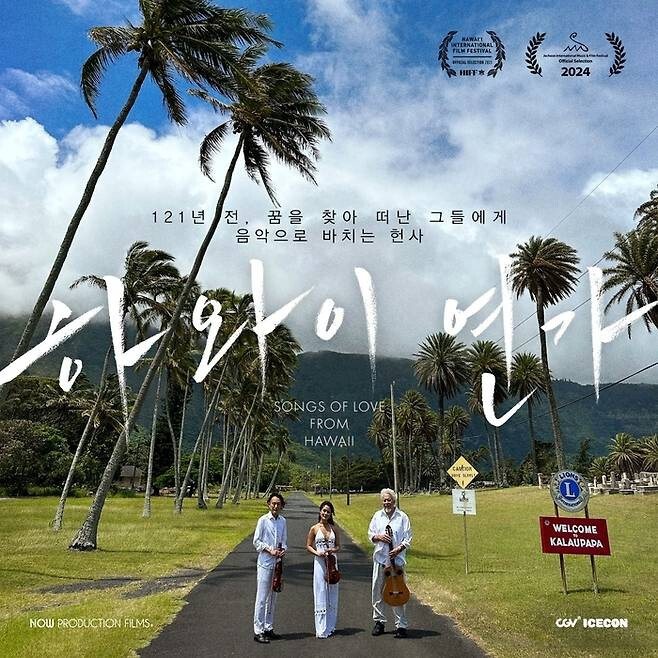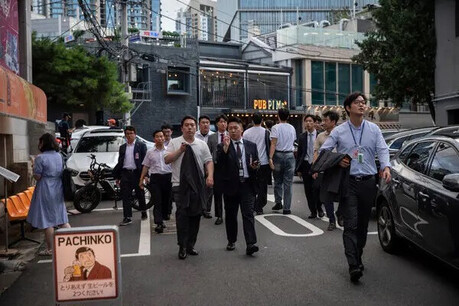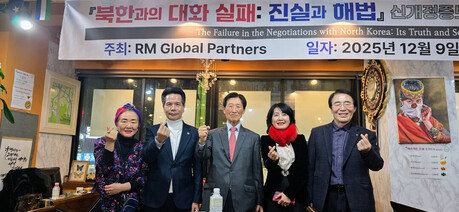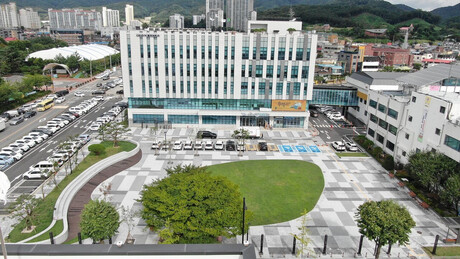
[GLOBAL ECONOMIC TIMES] ‘Hawaiian Love Song’, which contains the history of Hawaiian immigration told through music, is coming to theaters this fall.
On the afternoon of the 23rd, a preview and meeting for the movie ‘Hawaiian Sonata’ was held at CGV I’Park Mall in Yongsan, Seoul. Director Lee Jin-young, producer Lee Ye-ji, actor Yeo So-jeong, and instructor Choi Tae-seong attended.
‘Hawaiian Love Song’ is an emotional music film that tells the 121-year history of Hawaiian immigration with beautiful performances by world-class artists. It consists of three episodes, ‘Their Footsteps’, ‘Grandma’s Brass Bowl’, and ‘Kalaupapa’s Tears’.
Director Lee Jin-young said, “I first thought about it three years ago. I wanted to share the beautiful immigration history of Hawaii with many people. I thought that if my dream movie was successful and could be screened in Hawaii, it would be nice to be able to return to my home country after 121 years in Korea and meet my descendants, but it is like a miracle. “I hoped that the stories of forgotten people would resonate, and it was touching,” he said, expressing his thoughts ahead of the release.
He also said, “I believe in the power of music. “I thought that messages that could not be conveyed through words could be conveyed through music, so I selected music that could amplify the story I wrote,” he said.
Soprano Sumi Jo and Grammy-winning violist Yongjae O'Neill participated in this work.
In response, Director Lee said, “The lyrics of the song sung by Jo Soo-mi say, ‘The sea is too wide to cross. Please give me a boat. There is a part that says ‘so you can row across.’ In addition to Jo Su-mi's beautiful voice and status as Korea's representative soprano, I thought it was a beautiful song that showed the 120 years of immigration history. The process of making a movie was the same. At first, I wanted to record it on my own, but many people helped me. And the musicians were with us,” he said.
He said, “At first, we made the first episode with 10 million won. Ignis Jang joined us without asking for a guarantee, and Yongjae O'Neill has a fandom and his mother was a war orphan and was adopted. Because I had the experience of being an immigrant, I thought my performance would have a different depth. Along with the first episode, we sincerely contacted each other through social media. They contacted me a month later and said they wanted to help, but their schedule wasn't working. A month later, they contacted me again and said that one of the performances had been cancelled, and that they would be free for about 4 nights and 5 days. We received production support from the United States and Korea and made it for 200 million won. No one received the pay they originally received. “They willingly joined us in the desire to create precious history together,” he said, expressing his gratitude.
Yeo Soo-jeong, who participated as an adaptor and narrator in ‘Hawaiian Love Song,’ said, “When I received the work, it struck me all over again, including the forgotten homeland that had faded in my mind, the independence movement, and the Japanese colonial period.” “After seeing this, I participated with the thought that it would be a joy to join in,” he explained.
Choi Tae-seong said, “I am a person who does history, so I had that thought while watching the movie. “History is a dry field of study, but while watching ‘Hawaiian Love Song,’ it was so refreshing and touching to see that history could be expressed in such a beautiful, touching way,” he said.
He continued, “The person that stands out in my memory is Moon Dae-yang, the first Korean-born Chief Justice of the Supreme Court in America, through the director’s work, and I saw an interview with him a year before he passed away. When asked when the moment of fear was, the Chief Justice said, ‘I am afraid of disappearing without contributing anything to society.’ “I thought this was history,” he explained.
Taeseong Choi also said, “We all owe a lot to history, and in some ways, the people included in the film may be stories of nameless people. Ordinary people's love for their children and their lost homeland, such love came together and became the spirit of the times. Things like that make us feel moved that we have our own time and space. “I hope that we all remember through the movie that we are indebted to history.”
[Copyright (c) Global Economic Times. All Rights Reserved.]





























